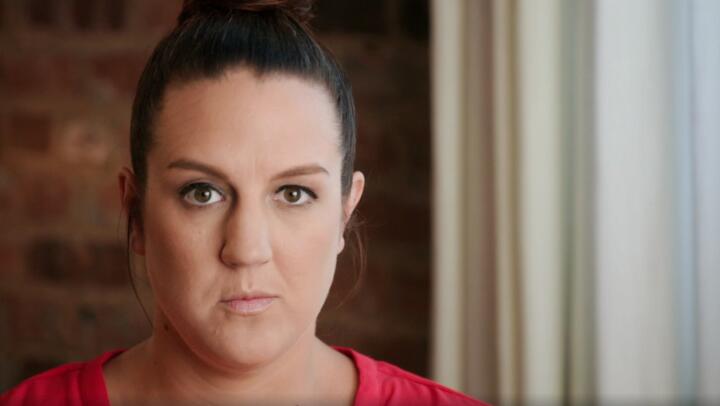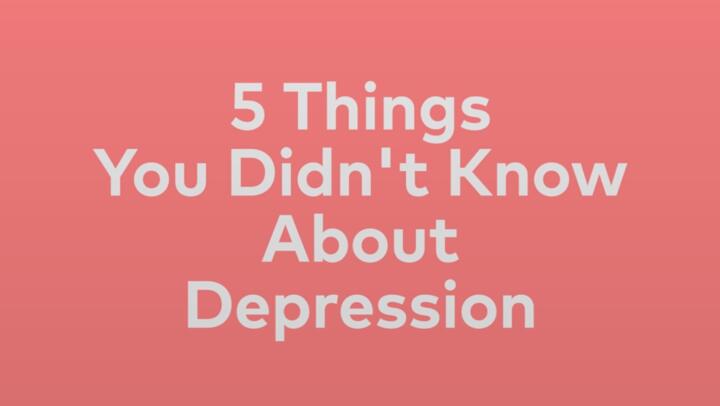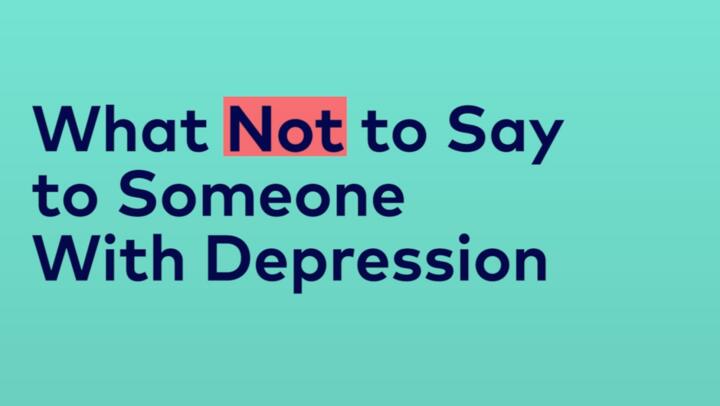What is oppositional defiant disorder?

ODD is a childhood behavior disorder. It’s also categorized among disruptive, impulse, and conduct disorders.
Behavioral issues are one of the most common reasons children see a mental health professional. The prevalence of ODD varies greatly. For example, the prevalence of ODD among school-aged children is
While defiance and disruptive behaviors can be a typical part of development, disorders like ODD heighten these behaviors. The behaviors of ODD and related disorders are typically more severe and longer-lasting than typical developmental behaviors. Behaviors relating to ODD often:
- occur more frequently
- occur in different settings
- have significant consequences
- cause stress in the person experiencing it and alarm others
What are the symptoms of oppositional defiant disorder?
Children with ODD generally show a pattern of uncooperative, hostile, and defiant behavior toward authority figures and others. These behaviors may interfere with their day-to-day activities.
Symptoms of ODD fall into categories of anger or irritability, argumentative or defiant behavior, and vindictiveness. They are not limited to the following but may include:
- frequent temper tantrums
- excessive arguing, especially with adults
- active defiance and refusal to follow rules or comply with requests
- frequently questioning rules
- blaming others for their mistakes or behaviors
- deliberately attempting to upset or annoy others
- getting easily and frequently annoyed by others
- using mean or hateful speech when upset
- frequent anger and resentment
- spiteful attitude and revenge-seeking behavior
These behaviors must occur on most days for at least
What causes oppositional defiant disorder?
The exact cause of ODD is not fully known. However, it may occur due to a combination of genetic, environmental, and psychological factors.
Genetic
Genetics account for an estimated
Learn about the types of ADHD.
Environmental
Certain environmental factors have commonly occurred in people with ODD. These factors include:
- mistreatment
- abuse
- harsh or inconsistent parenting
Psychological
Some temperamental factors commonly occur with ODD. These include:
- irritability
- impulsivity
- frustration
- high levels of emotional reactivity
Other factors that can negatively affect a child’s behavior and contribute to ODD include unstable social or economic factors, such as:
- peer rejection
- low income
- neighborhood violence
- deviant peer behavior
What conditions are related?
The behaviors associated with ODD also occur with other conditions. In order to diagnose ODD, a mental health professional must also consider these other related conditions.
Conditions that are related to ODD include:
- obsessive-compulsive disorder (OCD)
- autism spectrum disorder (ASD)
- ADHD
- conduct disorder
- disruptive mood dysregulation disorder (DMDD)
- social communication disorder
How is oppositional defiant disorder treated?
Treatment for ODD typically involves therapy that includes the child, the parents or caregivers, and the family as a whole.
These treatments include:
- Parent management training: This helps parents or caregivers manage the child’s behavior.
- Individual psychotherapy: This helps the child develop more effective anger management skills.
- Family psychotherapy: This helps improve communication and mutual understanding.
- Cognitive problem-solving skills training and therapy: This can help decrease negative behaviors by teaching them new skills for approaching situations that may provoke these behaviors.
- Social skills training: This can help improve social skills and frustration tolerance with peers, as well as increase flexibility.
Your child’s doctor or mental health professional may also recommend medication to help manage symptoms of ODD. However, this option is generally only for ODD that is not responsive to other treatments.
Tips for living with oppositional defiant disorder
Many children with ODD respond well to positive parenting techniques. Other ways you can help your child include:
- Build on positives. Give your child praise or positive reinforcement when they show cooperation or flexibility.
- Take a break when the conflict with the child feels as though it’s getting worse. Support your child if and when they ask to do the same.
- Prioritize what you want your child to do. Children with ODD often have difficulty avoiding power struggles.
- Set reasonable limits and consequences that are age appropriate and can be consistently enforced.
- Maintain interests outside of your child with ODD. Putting all of your time and energy into your child can lead to caregiver burnout. Allowing yourself to sometimes focus on other things can help avoid this.
- Manage your own stress levels with healthy lifestyle choices, such as regular exercise and relaxation.
Other frequently asked questions
These are some more questions people frequently asked about ODD. They have been reviewed by Akilah Reynolds, Ph.D.
What are the four behaviors associated with oppositional defiant disorder?
Four main behaviors that may be associated with ODD include:
- frequently arguing with adults or other people in authority
- actively defying or refusing to comply with rules and requests
- deliberately annoying or upsetting people
- frequently blaming others for their mistakes or behaviors
What can untreated oppositional defiant disorder cause?
Untreated ODD can lead to more severe disorders, such as conduct disorder. Conduct disorder involves more severe behavioral symptoms that violate societal norms and the rights of others around you.
Can a child grow out of oppositional defiant disorder?
Children with mild to moderate ODD often see improvement in symptoms as they age. Proper treatment can also help them learn more effective ways to socially interact and manage their anger.
Summary
Oppositional defiant disorder (ODD) is a behavioral disorder. It involves angry and irritable moods, vindictiveness, and defiant behavior.
These behaviors are often typical developmental responses. However, children with ODD will display severe behaviors more frequently than others.
Treatment for ODD typically includes therapy for the individual, the parents or caregivers, and the family as a whole. In cases when therapy treatments are not effective, medication may help.
If your child displays frequent angry, vindictive, and defiant behaviors for at least 6 months, contact their doctor or mental health professional.

















